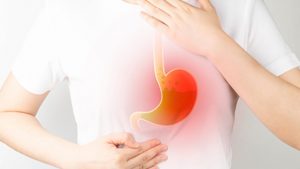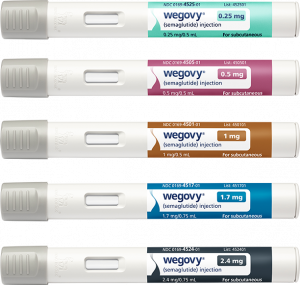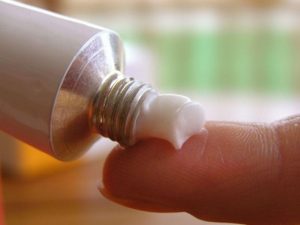
All those images of beautiful-looking people on social media can deflate a young person’s self-image, but there may be an easy fix: limiting time spent on TikTok, Instagram and the like. A new Canadian study finds that teens and young adults who already had symptoms of anxiety or depression and who cut their social media usage by about 50% experienced a significant improvement in how they felt about their overall appearance in just a few weeks. They also felt better about their weight. “I don’t think it completely surprised me,” said study co-author Helen Thai, a PhD student in the psychology department at McGill University in Montreal. Past research on traditional media and the impact of unattainable beauty and body ideals has obtained similar results, Thai suggested. “Not only are there celebrities and influencers on there, but it’s also people within your social circle,” Thai said about social media, “which can make comparison a bit more easy.” The authors estimated that youth spend about six to eight hours each day on screens. A lot of that time is spent on social media sites, where they may see hundreds or thousands of images, internalizing them. In a news release about the study, lead author Gary Goldfield, a senior scientist with the Children’s Hospital of Eastern Ontario Research Institute, said that whether people who already have body… read on > read on >





































